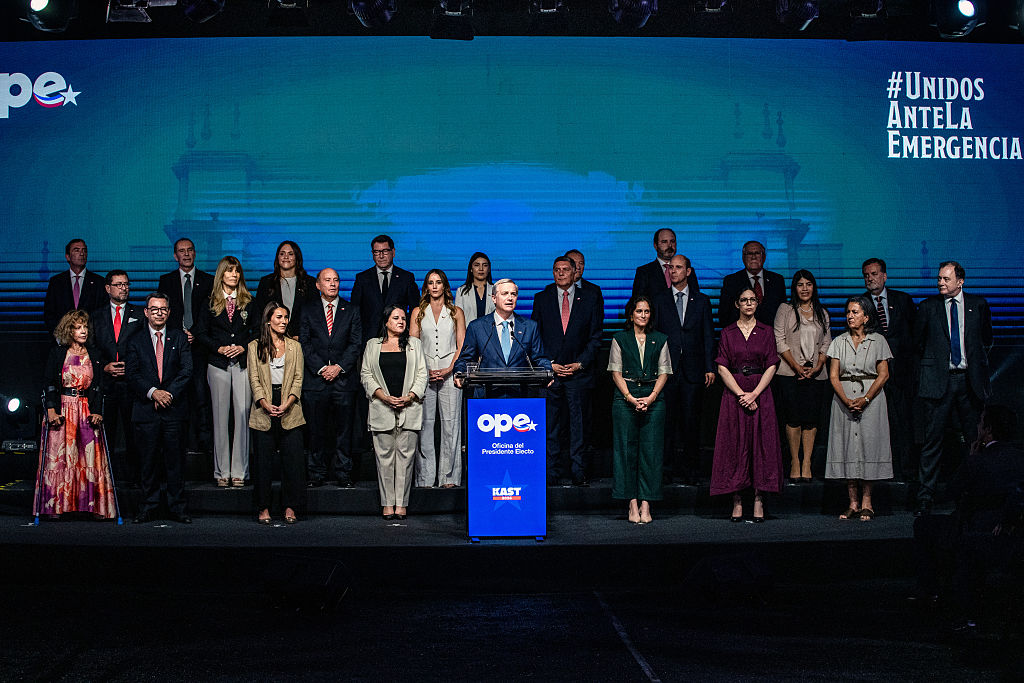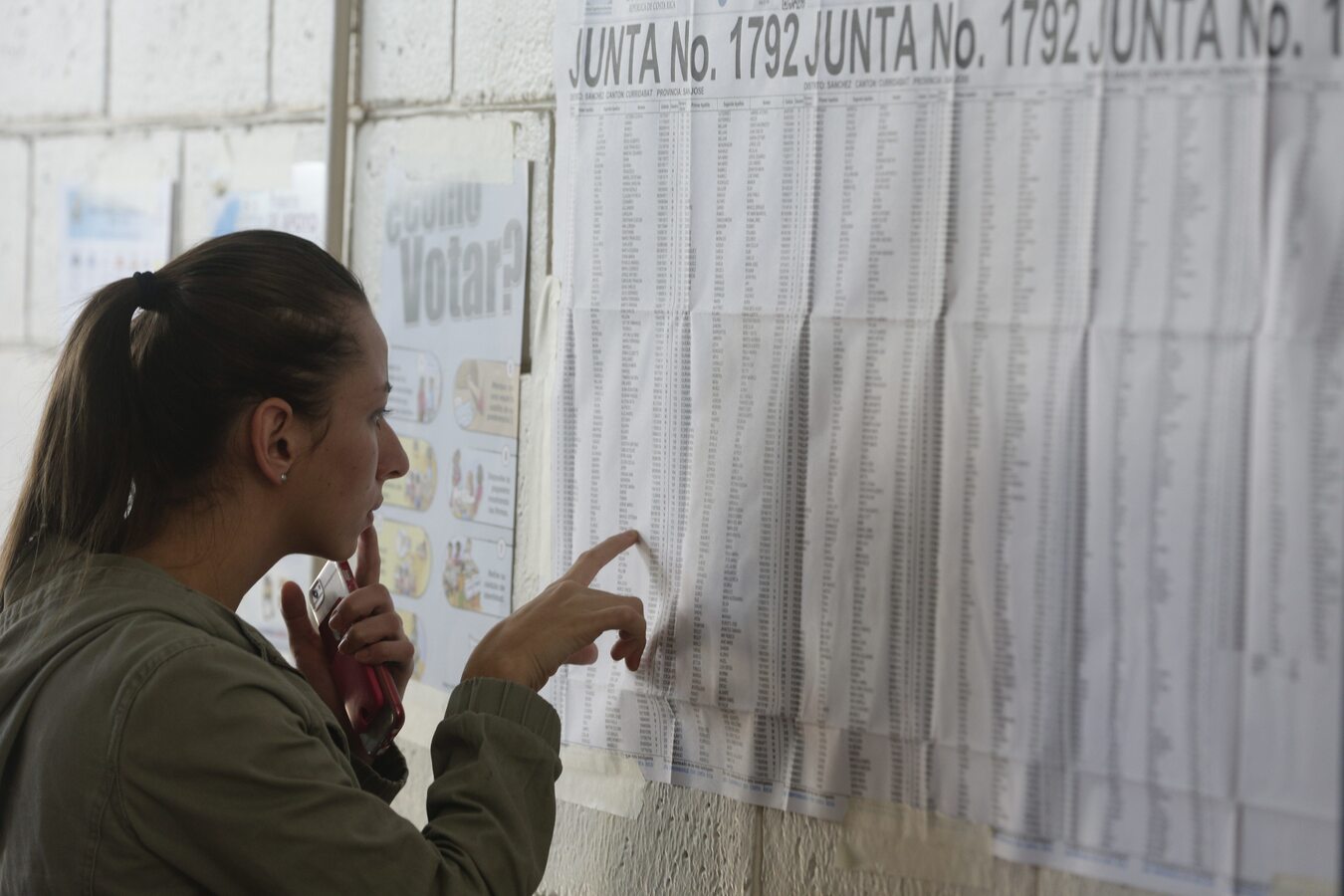Cuba No Libre
Cuba No Libre
Cuba's new President is anything but, and the much expected change in power will bring only minor modifications for Cuba's long-suffering citizens, write Gary Max and Cecilia Vaisman. Read a preview of this article appearing in a special report on Cuba in the Spring 2008 issue of Americas Quarterly.
On February 19th, Fidel Castro made it official: he was resigning the presidency and ending his 50-year reign over Cuba. Many exiles, U.S. officials and Cubans on the island had been waiting for this historic day, confident that it would not only mark a new beginning but signal that fundamental change was coming to the hemisphere’s only communist nation. Some experts predicted that Cubans, fed up with shortages and hardship, would rise up and demand freedom. Others suggested change would come from within the government—that a younger generation of leaders would ascend to the top and recognize that Cuba’s economic and political system was bankrupt and needed radical reform.
But what happened following Fidel’s announcement was the opposite. Rather than taking to the streets demanding change, Cubans are going about their daily lives—queuing for hours at bus stops, collecting monthly food rations at neighborhood bodegas, and showing up at government jobs—as if nothing unusual has happened. Rather than a new generation of leaders taking over, Raúl Castro, Fidel’s younger brother, was named Cuba’s new president, and a cadre of aging communist loyalists continue to dominate the leadership structure in the newly named Council of State, the nation’s top policy-making body.
U.S. Secretary of State Condoleezza Rice once again urged the Cuban...
To read more, subscribe and receive an instant digital copy of the Spring issue.
Already a subscriber? Login Now.








